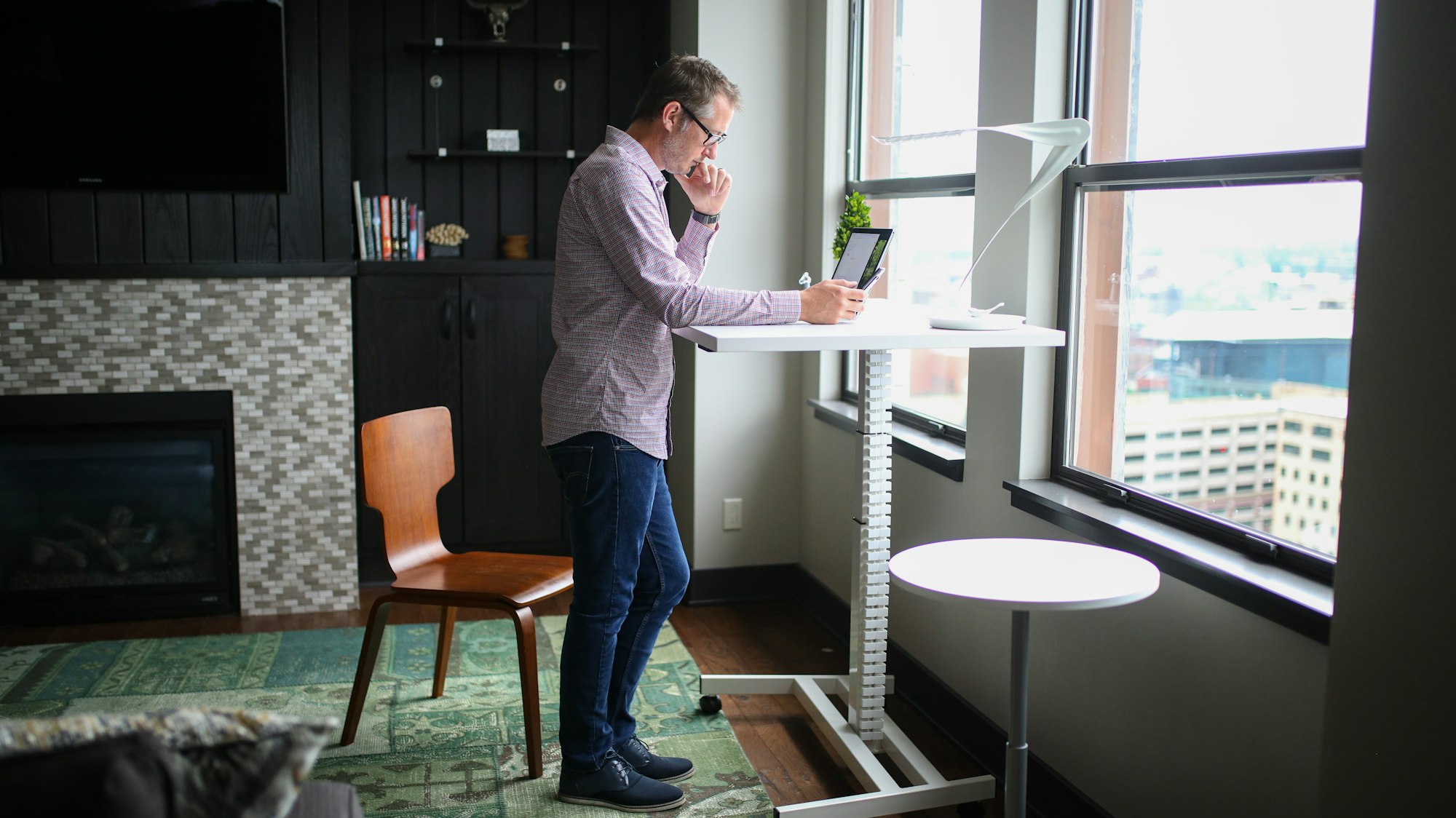As I write, I realise that there are many gaps and contradictions when I re-read them later or get questions from the readers. Today's post is meant to clarify a few points. The larger point I want to make is that this blog is simply one path of working for you. For people of a similar wavelength, there are things you can pick from here. For others, not much will be relevant or be in sync. For all of us, one thing does remain though - you have to experiment and figure out your own way. Copying directly is just the start. Where you go from there is dependent on how much you are willing to play around.
on absolute strength and is it unnecessary
The younger you are (let's say if you are not yet 30 years old), the more relevant getting as strong as you can is. Your body recovers faster, you have a lot more time on your hands, and you are still at the peak of your physical and mental conditioning and can push yourself. In my post about kettlebells, if I sounded like I discouraged you from lifting heavy, that was not my intent or my stance at all. It all depends on who you are, how old you are, and what your goal is.

If you are under-30, you have time on your side. You can spend a couple of years with barbells, and getting as strong as you can. And then move to kettlebells for a couple of years. And then callisthenics for a couple. While one can definitely mix-and-match, if I were to offer advice to my younger self, I'd recommend focusing on skill work on one tool and getting decent at it and then playing with something else.
These are all skills you can play around with for the rest of your life. And the stronger you are, the better.
As Coach Dan John says, there are a lot of 8 weeks in your life. Don't keep jumping goals - focus, nail one. Then, move on to the next.
but how much strength do you actually need?
For health and longevity, not too much. Strength, lifting, or most forms of physical endeavour are just games that entertain us. Mastery is a worthwhile path that grows us physically, mentally, and spiritually. But you can pick many things to try and master. Lifting weights is just one option. While the numbers I talk about can simultaneously be seen as "Woah, that's unnecessary" and "umm, that's not much", it depends on your perspective. Strength is a skill and the longer you work at it, the stronger you will get.
But if your goals are simply to avoid muscle loss in old age, to be resilient, to be able to do household activities, to be able to lug your back and go on long walks and be healthy - you don't need to get anywhere close to the loads that are lifted at the gym.
StrongEnough might be the upper limits and in all probability, even that might be unnecessary. It all depends on your goal and long-term outlook.
on standing desks
I've had a standing desk for the better part of the last decade. I tend to sit lesser than the average adult (in my friends and family, personal observation only) and generally walk around or fidget a bit too much.
In the sitting article, you should've seen that the harm comes not from sitting but a combination of sitting for extended periods at a stretch and the lack of activity that we do over the course of a day.

A standing desk does not solve either. While you might sit lesser, standing in the same spot while moving less is NOT a solution. Instead of tight hips, you will have tight calves or whatever, from all the standing.
So, before you ditch your work desk and get a standing desk, remember that the point is to break up the sitting or standing and throw in a bit of moving about. Even if it is as little as 60 seconds every 30 minutes.
My favourite method is the Pomodoro - set a timer for 25 minutes. And take a break for 5 minutes, during which I, unfortunately, waste time on Reddit. But when my brain works, instead I do some stretches or a few quick resets.
Do let me know if you have any questions or would like me to clarify further.
